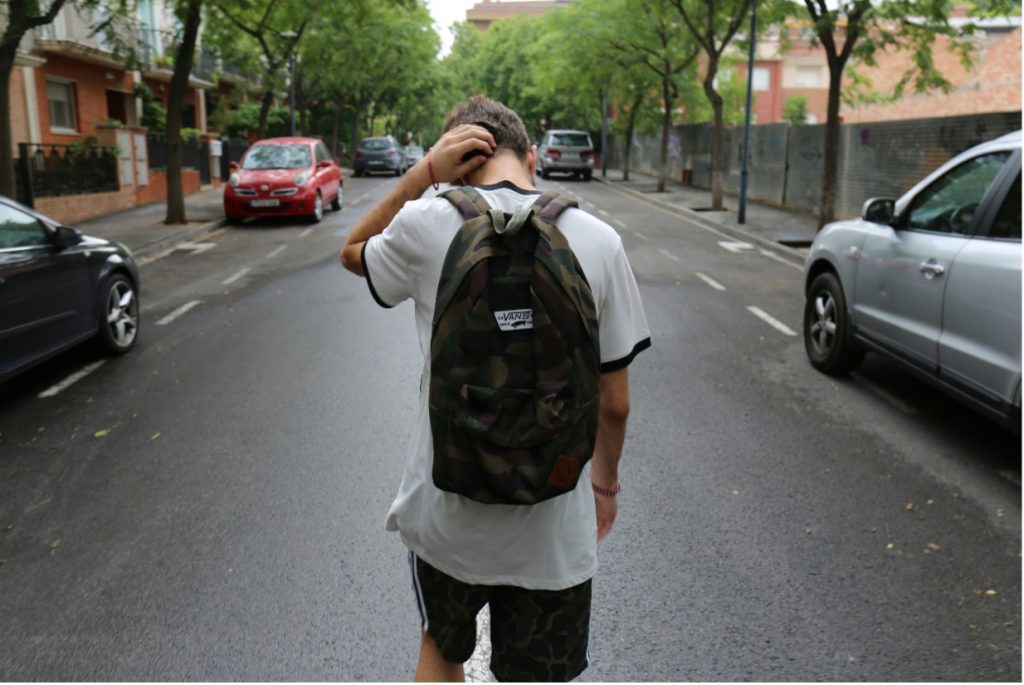
The mental health of young people in the UK is a growing concern, with over 20% of children requiring support. Implementing universal preventative interventions in schools is vital to address this issue. However, the effectiveness of such interventions is a subject of debate, with some studies suggesting potential harm.
One promising approach is Dialectical Behavior Therapy (DBT), which aims to provide multiple strategies for emotional regulation. A study by Harvey et al. (2023) investigated the impact of an 8-session DBT-based intervention called WISE Teens on adolescent well-being in Australia. The findings raised questions about the suitability of universal interventions in school settings.

DBT-based approaches, in theory, could equip children with a toolkit for emotional and social well-being.
Methods
The study involved four Australian schools and assessed students in Year 8 and 9. The WISE Teens intervention consisted of 8 weekly sessions covering mindfulness, emotion regulation, distress tolerance, and interpersonal effectiveness. The control group received standard Health and Physical Education classes.
Results
The findings showed that the WISE Teens group experienced a significant deterioration in emotional and social well-being compared to the control group. Factors like poorer emotional regulation, increased depression and anxiety, and lower quality of life were observed in the intervention group.

The WISE Teens intervention group had a deterioration in emotional and social well-being.
Conclusions
The study concluded that the WISE Teens intervention may not be suitable for adolescents as it appears to harm their well-being. The results highlight the need for further research on the effectiveness of DBT-based interventions in schools.
Strengths and limitations
The study’s use of non-randomized allocation and potential lack of generalizability are key limitations. However, the study’s focus on home practice and consultation with a clinical psychologist are notable strengths.
Implications for practice
While WISE Teens may not be recommended based on this study, exploring the reasons behind its negative effects and conducting further research could provide valuable insights. Collaborating with young people in intervention development and focusing on relevant strategies are essential for future school-based interventions.
Statement of interests
No conflict of interest to disclose.
Links
Primary paper
Harvey LJ, White FA, Hunt C. et al (2023) Investigating the efficacy of a dialectical behaviour therapy-based universal intervention on adolescent social and emotional well-being outcomes. Behaviour Research and Therapy, 169.














